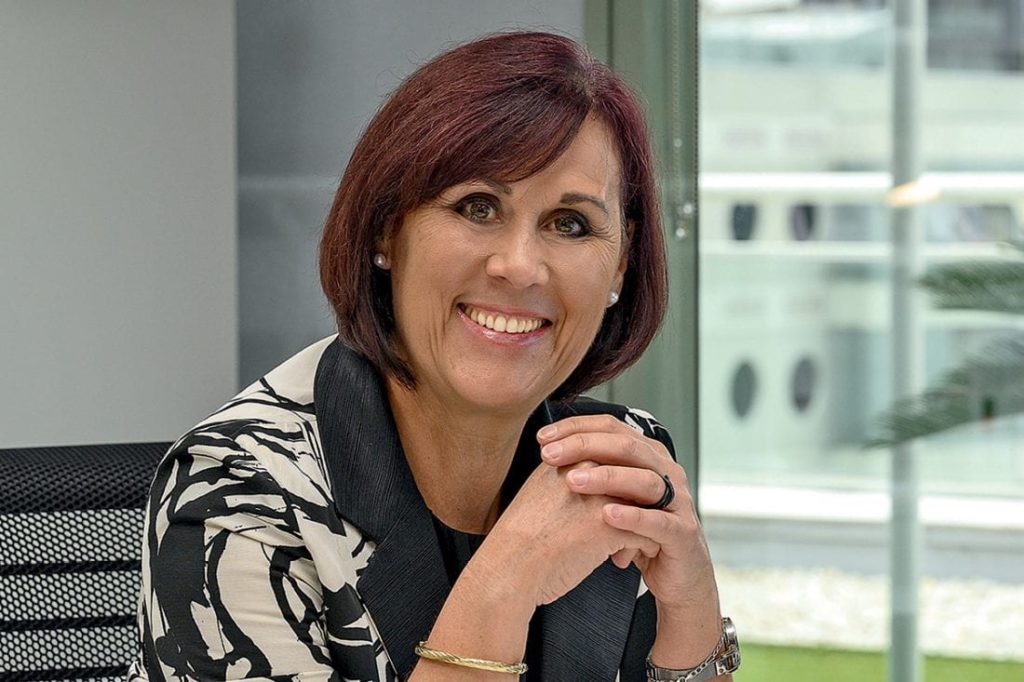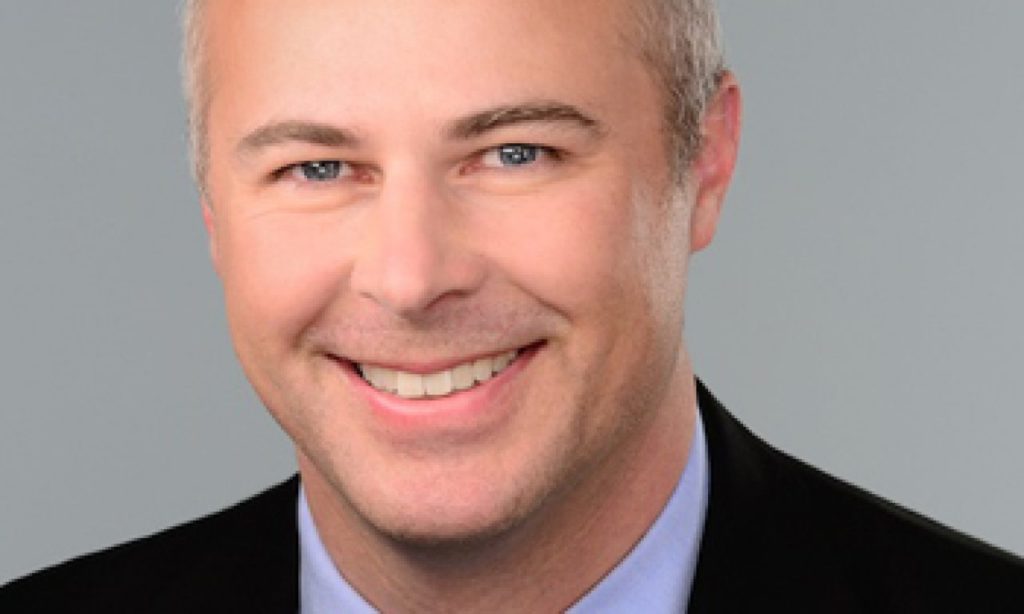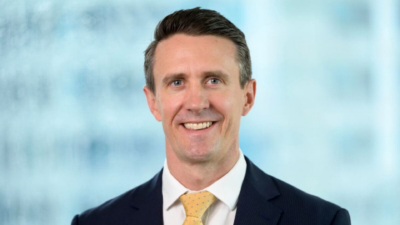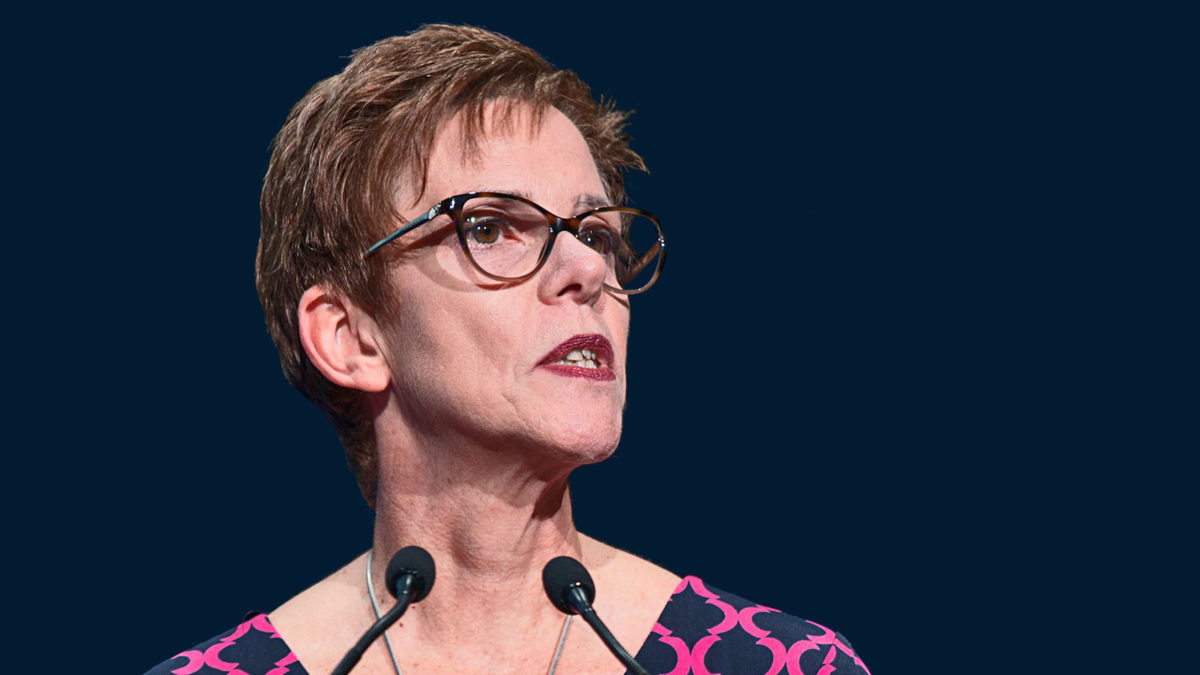Fund mergers now a question of where it all stops
KPMG believes $50 billion is about the minimum size for an APRA-regulated fund when the dust settles. Helen Rowell, the retiring deputy chair of APRA, believes it should be $30 billion.
The figures were bandied about at the CMSF conference where mergers were discussed in some detail. Leeanne Turner, who has just been through one which resulted in the new Spirit Super, said everybody should be considering a merger. “If you are not, then you either have your head in the sand or are lying,” she said.

“We can’t ignore the consolidation in the industry, especially at the large end. It’s happening whether you like it or not. The whole industry is being reshaped.”
Rowell told the conference that APRA was aware of 12 super fund mergers currently underway. She said it seemed to be “an industry view” that a fund with less than about $30 billion was increasingly going to be uncompetitive.
She also expressed concern with the merger activity – a lot of it because of APRA’s urging – that some might be producing a new fund which did not have the governance to be sustainable.
At a separate session on mergers, chaired by Brian Peters, the founder of advisory firm IQ Group, Turner, the chief executive of Spirit Super and former chief executive of MTAA Super, told of the decision-making priorities in the merger process. MTAA merged with Tasplan last year, after a six-month delay due to covid-related issues.
She said: “We wanted to get rid of the noise about who would sit on the board and who would be CEO. For the directors, we looked at their tenure and who was coming up for retirement. We didn’t want to bring in new directors at that stage. All other decisions were taken through the Joint Implementation Committee (JIC).”
The JIC’s recommendations were put to both boards and while there was some replication, she said this worked well. Only once was a JIC recommendation not initially accepted by one of the boards, but this was “worked through”. There were three trustees not represented on the JIC.
Consequently, the JIC members spent a lot of time working together, which stood them in good stead post the merger.
Peters, whose firm has advised on a range of mergers from the very big, including Aware Super, to the small, including NGS Super. “There are a lot of similarities between the mergers but there are also a lot of differences,” he said.
Sinclair Scholfield, the head of platform solutions for State Street for Asia Pacific, who has worked for the firm in Boston and London too, said that we could look overseas for some lessons in mergers.

There had been some very big mergers around the world, especially in North America and there was little doubt that organisations with scale could deliver better outcomes.
This was the case not only with insurance and investments, but also at a more holistic level with access to new and better information and capabilities.
He said that, with respect to cost savings, a recent study by Rainmaker Information showed that, over a three-year period, increased scale meant that funds could reduce their fees by an average of 21 per cent.
“With that scale there are now funds which can actively compete with private equity,” he said. “They can buy whole businesses themselves.”
Steve Freeborn, a partner at Deloitte Superannuation following the purchase of Rice Warner said that funds probably needed to have a “merger charter”. He said: “If someone comes knocking you need to be able to see whether they fit with your family photographs, your capabilities etc. Also, is you are looking for a partner you need to think about what you are offering them.”
Individual fund mergers take longer than you might think. Scholfield said there was a lot of work that went on behind the scenes in merging the investment strategies or implementing new ones. “You need a multi-month plan,” he said. “You need a good team of executives involved with board backing.
It took time, for instance, with private equity portfolios to get up-to-date valuations and have transfers made out of a normal manager cycle. Member equity needed to be watched with respect to unit pricing and tax.
Interviewed separately from CMSF, Julie Lander, the chief executive of the $16 billion CareSuper, raised a good point not raised publicly at the conference.
She said for a report on the achievements for the 10 finalists for this week’s Chant West Super Fund of the Year Award (see separate item this edition) that everyone was thinking about scale.
“We think it is worth preserving our story. There should be different options. We are very focused on member retention and customer experience.”
This goes to the benefit of what used to be known as the “craft” or single-industry funds, which may have a competitive advantage over others because of better knowledge and understanding of their members. It is a similar story with smaller and regional banks versus the big four.
Others in super point to the Singapore experience, where there is a handful of very large public pension and sovereign wealth funds which tend to consistently underperform their global peers for investment returns.
Or there’s a political bent to the discussion. The Government allowed and promoted choice of fund, on both philosophical grounds and that it should mean more competition. Now it is actively trying to reduce the number which is competing, perhaps to the extent that we end up with an oligopoly.











